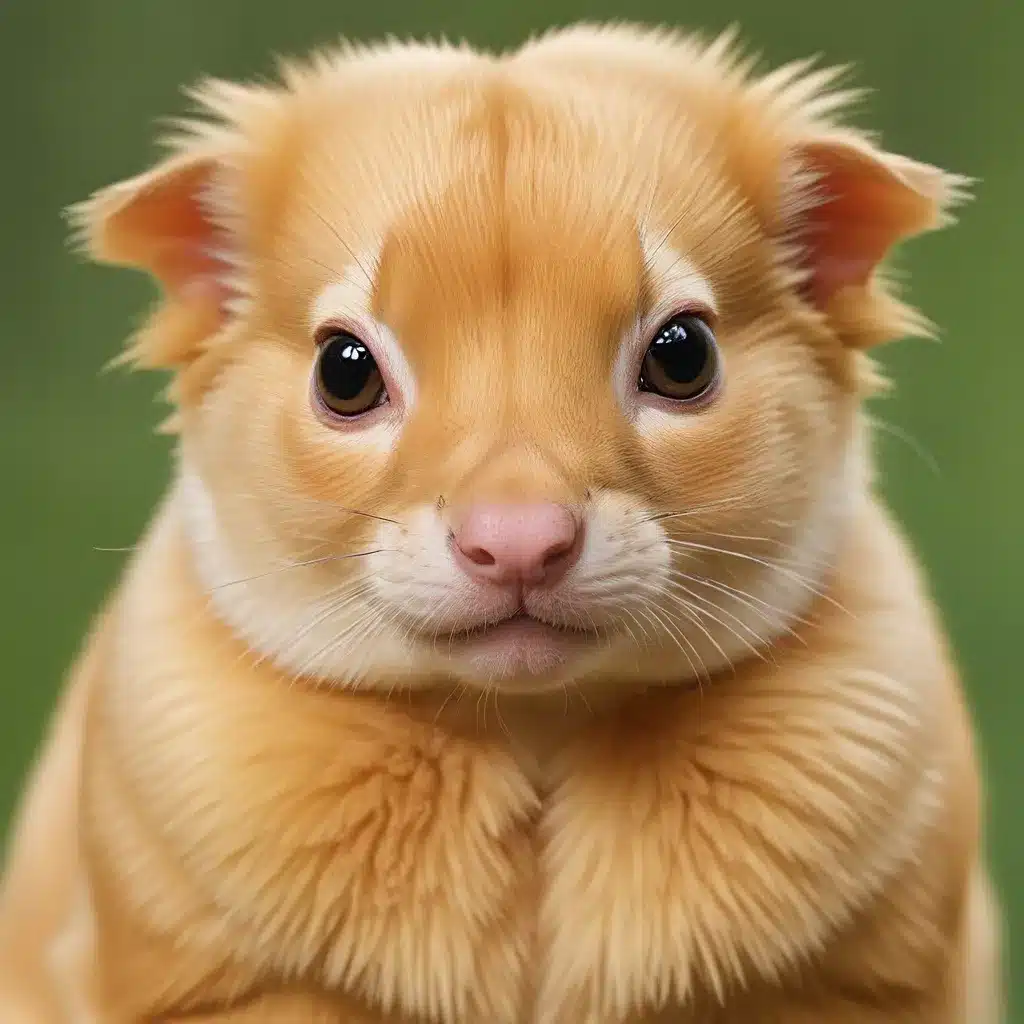
The Call of the Wild
Imagine, if you will, a world without the magnificent golden lion tamarin, the striking Przewalski’s horse, or the majestic California condor. A world where these incredible creatures exist only in the annals of history, their vibrancy and wonder lost to the ravages of time. This is the sobering reality we face if we don’t take immediate action to protect our vulnerable species.
As exotic pet enthusiasts, we have a unique opportunity – nay, an obligation – to make a difference. Through ethical breeding practices and a steadfast commitment to conservation, we can ensure that these precious animals not only survive, but thrive. It’s a tall order, to be sure, but one that I believe we are more than capable of tackling.
The Importance of Zoos
At the heart of this endeavor lie our friends in the zoo community. Far from being mere prisons for captive creatures, modern zoos have emerged as bastions of conservation, research, and education. According to the Association of Zoos and Aquariums (AZA), their accredited members are home to approximately 900 species classified as “Vulnerable to Extinct in the wild” – a staggering statistic that underscores the vital role these institutions play in safeguarding our planet’s biodiversity.
But it’s not just the numbers that are impressive; it’s the tangible results. Through collaborative breeding and reintroduction programs, zoos have been instrumental in saving at least nine species, including the California condor, black-footed ferret, and Przewalski’s horse, from the brink of extinction. Their efforts have been nothing short of heroic, and we owe them a debt of gratitude.
Captive Breeding and Beyond
Of course, captive breeding is just one part of the equation. Zoos also contribute to conservation through research, education, and direct habitat protection efforts. As Nabila Aziz from Wild Welfare explains, “Zoos engage in research, preserve biodiversity genetic and species that may be threatened or at times even extinct in the wild, and they provide much needed funding for research and conservation projects across the world.” This multi-faceted approach is crucial to ensuring the long-term survival of our most vulnerable species.
But the work doesn’t stop there. Zoos must also navigate the delicate balance between public engagement and conservation, all while facing funding constraints and the ever-present threat of natural disasters. It’s a daunting challenge, to be sure, but one that the dedicated professionals in the zoo community are more than willing to take on.
Ethical Breeding Practices
As exotic pet enthusiasts, we can play a vital role in this conservation effort by supporting ethical breeding practices. This means prioritizing the well-being of the animals over profit, and ensuring that our breeding programs are designed to enhance genetic diversity and maximize the chances of successful reintroduction.
One key aspect of this is avoiding the “conservation con” – the temptation to justify captivity by claiming it’s for the sake of endangered species. As the Freedom for Animals organization points out, the vast majority of animals in zoos are not actually threatened in the wild. We must be honest with ourselves and the public about our motivations and the true impact of our breeding programs.
Enriching the Lives of Captive Animals
But it’s not enough to simply breed animals in captivity; we must also ensure that their lives are enriched and their welfare is prioritized. This means providing spacious, naturalistic enclosures that cater to their innate behaviors and psychological needs. It means engaging in research to better understand their biology and behavior, and using that knowledge to improve their quality of life.
And it means advocating for stronger animal welfare standards and greater transparency within the exotic pet industry. We must be willing to hold ourselves and our fellow enthusiasts accountable, ensuring that we are always putting the needs of the animals first.
Expanding the Conservation Network
Of course, the challenge of protecting vulnerable species extends far beyond the boundaries of our own private collections. That’s why it’s crucial that we work in tandem with the broader conservation community, including zoos, wildlife sanctuaries, and international organizations.
According to the AZA, their accredited facilities have collaborated on over 117 reintroduction programs, helping to restore threatened and endangered species to their native habitats. By pooling our resources, knowledge, and expertise, we can amplify our impact and ensure that our collective efforts are as effective as possible.
Inspiring the Next Generation
But perhaps the most important aspect of our work is the impact we can have on future generations. By fostering a deep appreciation and respect for the natural world, we can inspire the next generation of conservationists, scientists, and exotic pet enthusiasts to take up the mantle and continue the fight.
Whether it’s through educational programs, hands-on experiences, or simply leading by example, we have the power to ignite a spark in young minds that could one day blaze a trail towards a brighter, more sustainable future. And that, my friends, is the true legacy we can leave behind.
A Brighter Future for All
So, let us embrace our role as guardians of the wild. Let us channel our passion for exotic pets into a relentless pursuit of conservation, driven by a steadfast commitment to ethical breeding and the well-being of our captive charges. Together, we can ensure that the golden lion tamarin, the Przewalski’s horse, and all of our vulnerable species not only survive, but thrive.
It’s a lofty goal, to be sure, but one that I believe is well within our grasp. After all, the future of these incredible creatures – and the health of our planet as a whole – depends on it. Let us rise to the challenge, and create a world where the call of the wild echoes on for generations to come.
Golden Exotic Pets is committed to this noble cause, and we invite you to join us on this transformative journey. Together, we can rewrite the story of our vulnerable species, one ethical breeding program and conservation victory at a time.

